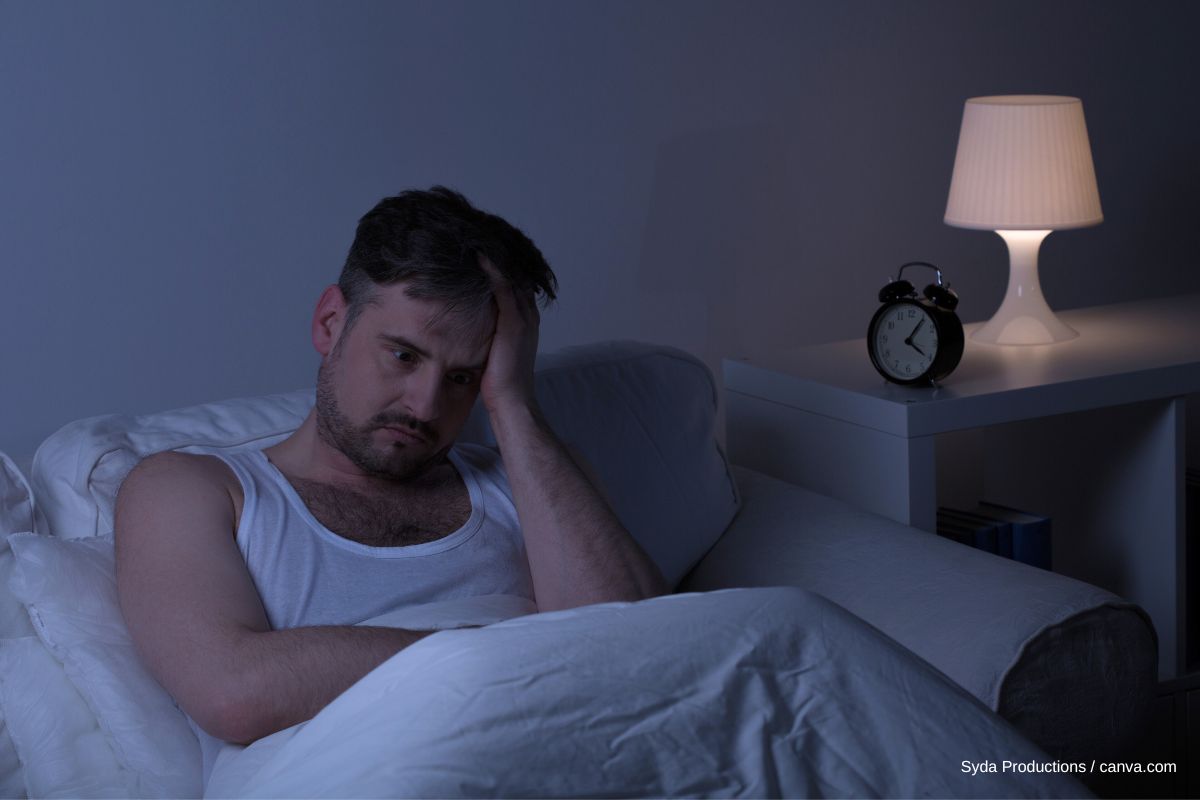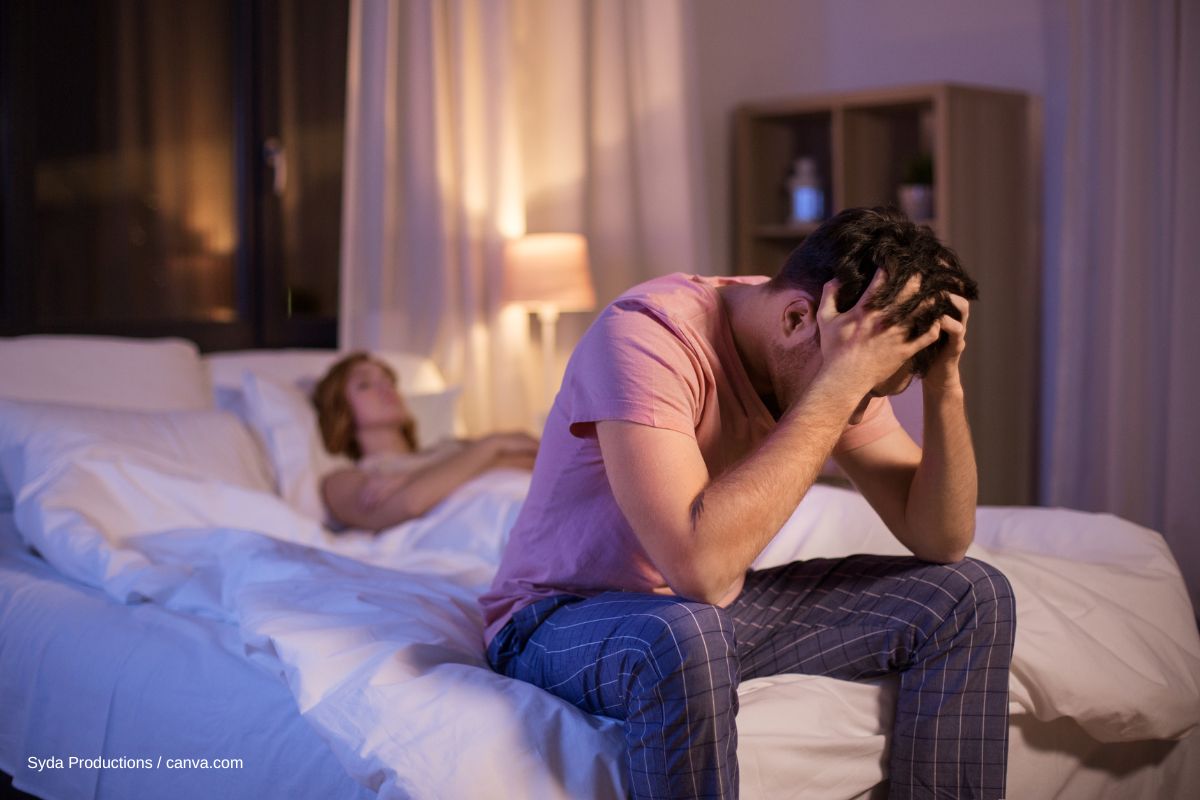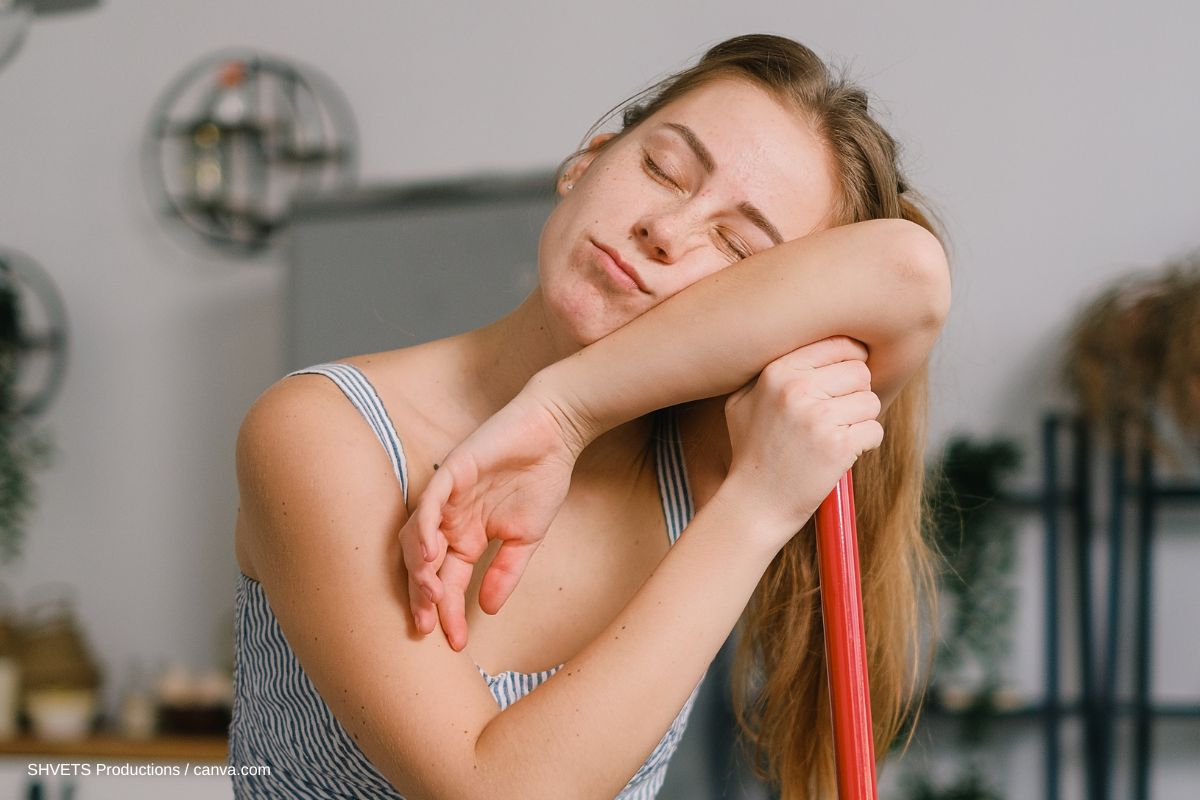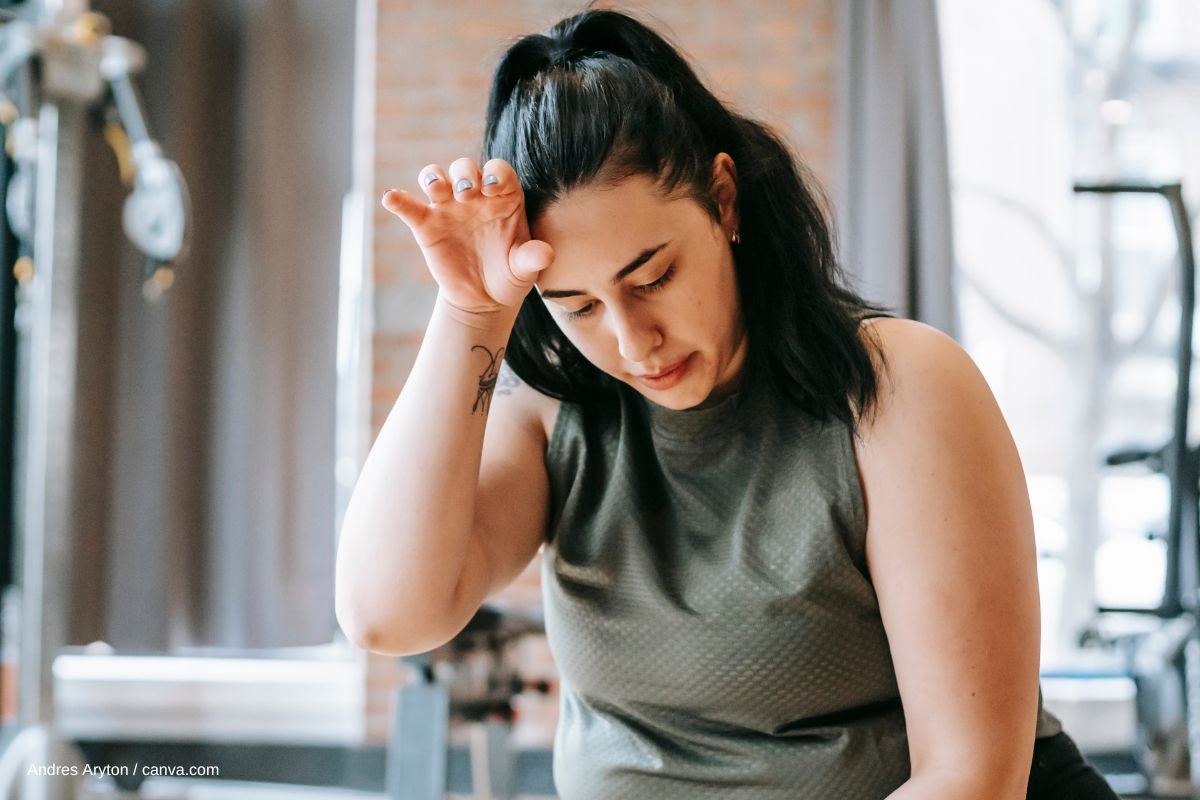Delayed Sleep Phase Syndrome: Symptoms & Treatment

A healthy sleep-wake cycle controls when we are active during the day and when we feel tired. But delayed sleep phase disorder (DSPS) throws our internal clock out of whack: when our circadian rhythms are out of sync with the Earth's light-dark cycle, our sleep and wake times shift significantly. Learn how to treat this sleep disorder and why good sleep hygiene can help alleviate the symptoms.
- What is delayed sleep phase syndrome?
- How is circadian rhythm sleep disorder different?
- What are the causes of a circadian rhythm sleep disorder?
- What symptom causes the sleep disorder in everyday life?
- Successful treatment: How can the human internal clock be rebalanced?
- Healthy sleep hygiene for a regulated sleep-wake rhythm
What is delayed sleep phase syndrome?
Sleep phase syndrome is a circadian sleep-wake rhythm disorder and one of the rarest forms of sleep disorder. It is estimated that only around 1% of all people are affected by the disorder. In these people, the biological clock does not beat in time so that they cannot fall asleep or wake up at normal times. A distinction is made between different forms, depending on how the sleep phase is structured for those affected: In delayed sleep phase syndrome (DSPS), they chronically fall asleep too late, often in the early hours of the morning. Advanced sleep phase disorder (ASPD), on the other hand, describes the exact opposite: those affected consistently fall asleep too early and wake up much too early. Advanced sleep phase disorder is often found in older people who fall asleep much earlier than they actually want to.
Even in healthy people, sleeping and waking times can vary enormously. Some people are natural early risers (larks) and wake up with the sunrise. Others, however, belong to the owl chronotype and are firm "morning grouches" who tend to get up and go to bed late. The main difference between a normal sleep rhythm and people with circadian rhythm disorders is the aspect of control. While larks and owls have tendencies, these people can deviate from their preferred pattern. For example, a lark may pull an all-nighter to celebrate a party with friends, and an owl may decide to get up early if there is an important appointment the next morning. A disorder such as delayed sleep phase syndrome is only diagnosed when people cannot control when they fall asleep or wake up because their biological clock deviates from the normal sleep-wake rhythm.

How is circadian rhythm sleep disorder different?
Normally, our physical and mental functions follow a 24-hour rhythm, also known as the circadian rhythm. As our biological clock, it is controlled by an area of the brain that is influenced by light and darkness. For example, when our eyes are stimulated by morning light, the light impulses signal to our brain that it is time to get up. This then stops the production of the sleep hormone melatonin so that we can wake up from our sleep and go about our daily activities. In the evening, the opposite happens: darkness signals to the brain that it is time to produce more sleep-promoting melatonin. If the concentration of the sleep-inducing hormone is sufficiently high, we become sleepy and want to go to bed. Advanced or delayed sleep phase syndrome is a chronic disorder of the circadian sleep-wake rhythm that disrupts these natural processes. The internal clock of those affected is not adapted to the light-dark cycle, meaning that they fall asleep much later or earlier than the general population.
What are the causes of a circadian rhythm sleep disorder?
With advanced or delayed sleep phase syndrome, the internal clock usually ticks differently. The question remains: what causes delayed sleep phases and is there a neurological disorder behind it? While in some cases brain damage as a result of an infection, a stroke, or a disease such as Alzheimer's seems to play a role, lifestyle factors are the most common cause. Our biological clock can be out of balance for various reasons:
- Jet lag due to a long-distance trip
- Working in shifts
- Being bedridden for a long time
- Too little sunlight over a longer period of time
- Chaotic sleep rhythm: constantly getting up and going to bed at different times
What symptom causes the sleep disorder in everyday life?
If the circadian rhythm is permanently shifted, it can become difficult to remain functional in everyday life. Affected patients often first notice how much their sleep disorder interferes with their normal daily routine at work or school. Although most people with this disorder are physically and mentally healthy, they often feel overwhelmed in everyday life because their productive times differ from those of the general population. As people cannot sleep when they need to, they often feel very tired during the day and have to yawn constantly. Due to difficulties concentrating, their performance is limited. For example, there is a risk that those affected will find it difficult carry out normal activities. They fail at work or school and tend to self-medicate to break this vicious cycle. Affected people may turn to alcohol, sleeping pills, and other stimulants to stay awake or go to bed at normal times. They can experience insomnia in the evening and, in some cases, are awake for more than 24 hours a day.

As there are no diagnostic tests yet, the diagnosis of advanced or delayed sleep phase syndrome is based on the symptoms. Doctors often ask their patients to keep a sleep diary over a period of several weeks. This sleep log provides information about sleeping and waking times and can make it easier to find suitable therapeutic approaches. In rare cases, additional help from the field of sleep research is required and examinations such as polysomnography are carried out in a sleep laboratory.
Successful treatment: How can the human internal clock be rebalanced?
The syndromes of an advanced or delayed sleep phase can be treated in various ways. The aim should be to restore the normal circadian rhythm. If those affected by shifted sleep phases manage to fall asleep at set times and wake up feeling rested in the morning, the therapy is considered successful. As a rule, patients are treated with light therapy or chronotherapy. Drug therapy with melatonin is also possible. Good to know: Conventional sleeping pills or sedatives do not change the sleep-wake rhythm, as they do not address the actual causes. They also carry the risk of side effects.
Light therapy
If you are exposed to light immediately after waking up, you are more likely to feel awake. To achieve this, a daylight lamp with up to 10,000 lux is used, which is roughly equivalent to a sunny but cloudy day. People affected by DSPS should bathe in light 30 minutes every day after waking up. In the process, they should slowly shift the time forward until it has adjusted to a normal sleep-wake rhythm. This requires a little patience as the process can take 3-7 days. Light in the evening leads to a delay in falling asleep, meaning that patients with a delayed sleep phase should avoid it.
Chronotherapy
Through chronotherapy, patients are gradually introduced to a normal day and night rhythm. Together with the treating physician, a step-by-step therapy plan is developed. People with a shifted sleep phase often react sensitively to changes in bedtime. Being disciplined and making sure you go to bed on time is essential to avoid potential sleep problems and be able to fall asleep on time.
Healthy sleep hygiene for a regulated sleep-wake rhythm
If we maintain a healthy sleep rhythm, we sleep an average of 8 hours a day. Through sleep hygiene measures, patients with sleep phase disorders can promote a restful night's sleep and finally get the rest they long for. The following tips for good sleep hygiene are easy to implement and will work immediately:
- Try sticking to fixed bedtimes and sleep times. This will help your body to get attuned to sleeping at night.
- In the evenings, try relaxing rituals such as a hot nightcap or reading before going to sleep.
- Avoid blue light in the evening and switch off digital devices at least two hours before going to bed, as artificial light may cause you to fall asleep later.
- Try to incorporate exercise in the morning rather than in the evening. A sweat-inducing workout before going to bed can lead to a high adrenaline release, which keeps us awake longer.
- Avoid stimulants such as alcohol or caffeine in the evening. These lead to superficial sleep and prevent you from getting the desired rest at night.
- Although it may sound tempting, avoid sleeping during the day.

Photo credits:
Syda Productions / canva.com
Syda Productions / canva.com
SHVETS Productions / canva.com
Andres Aryton / canva.com
